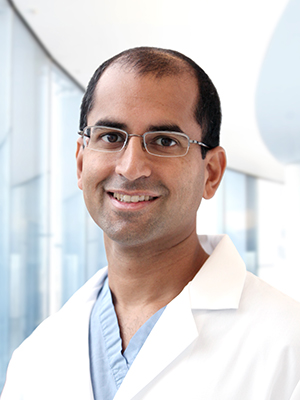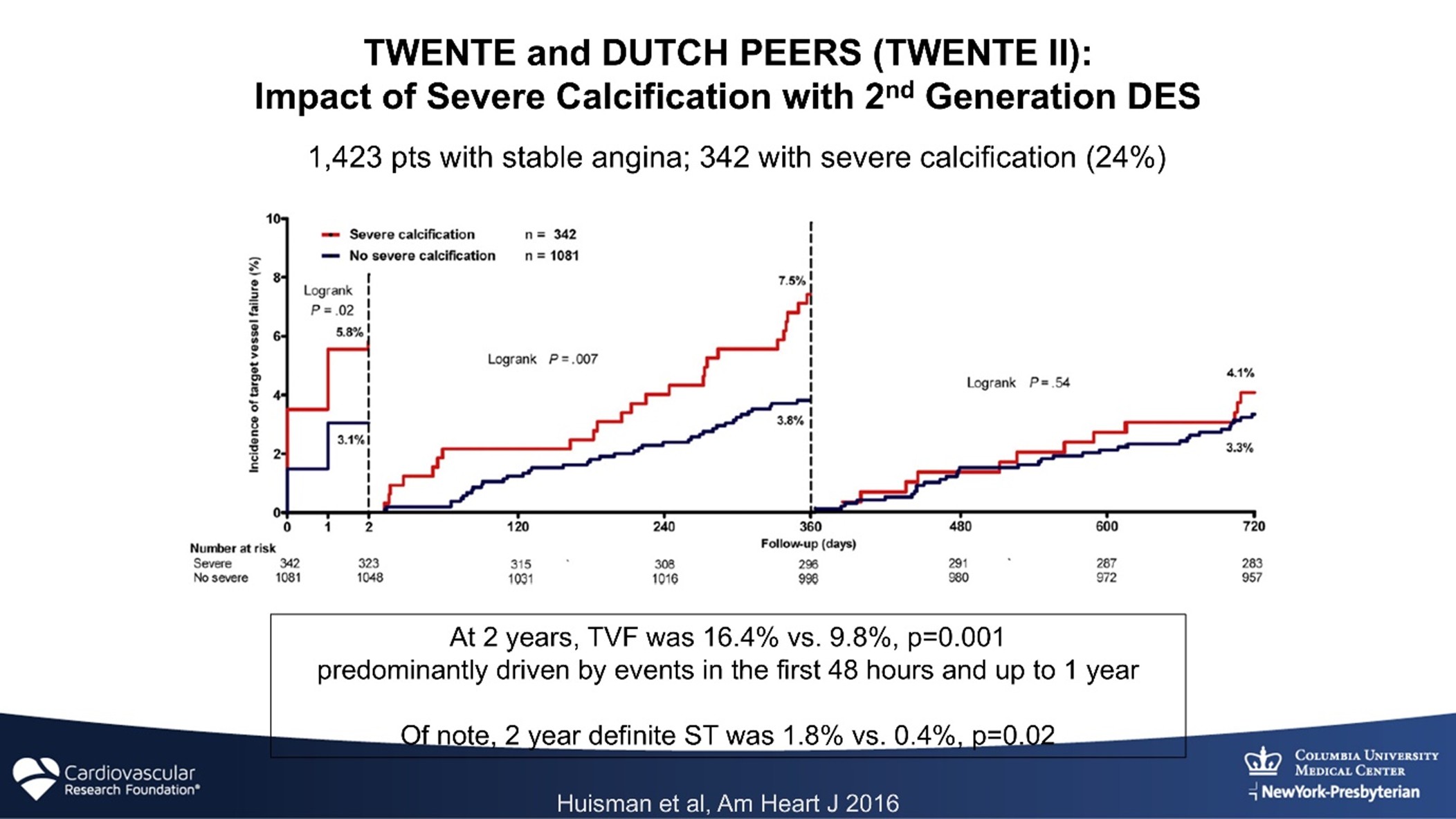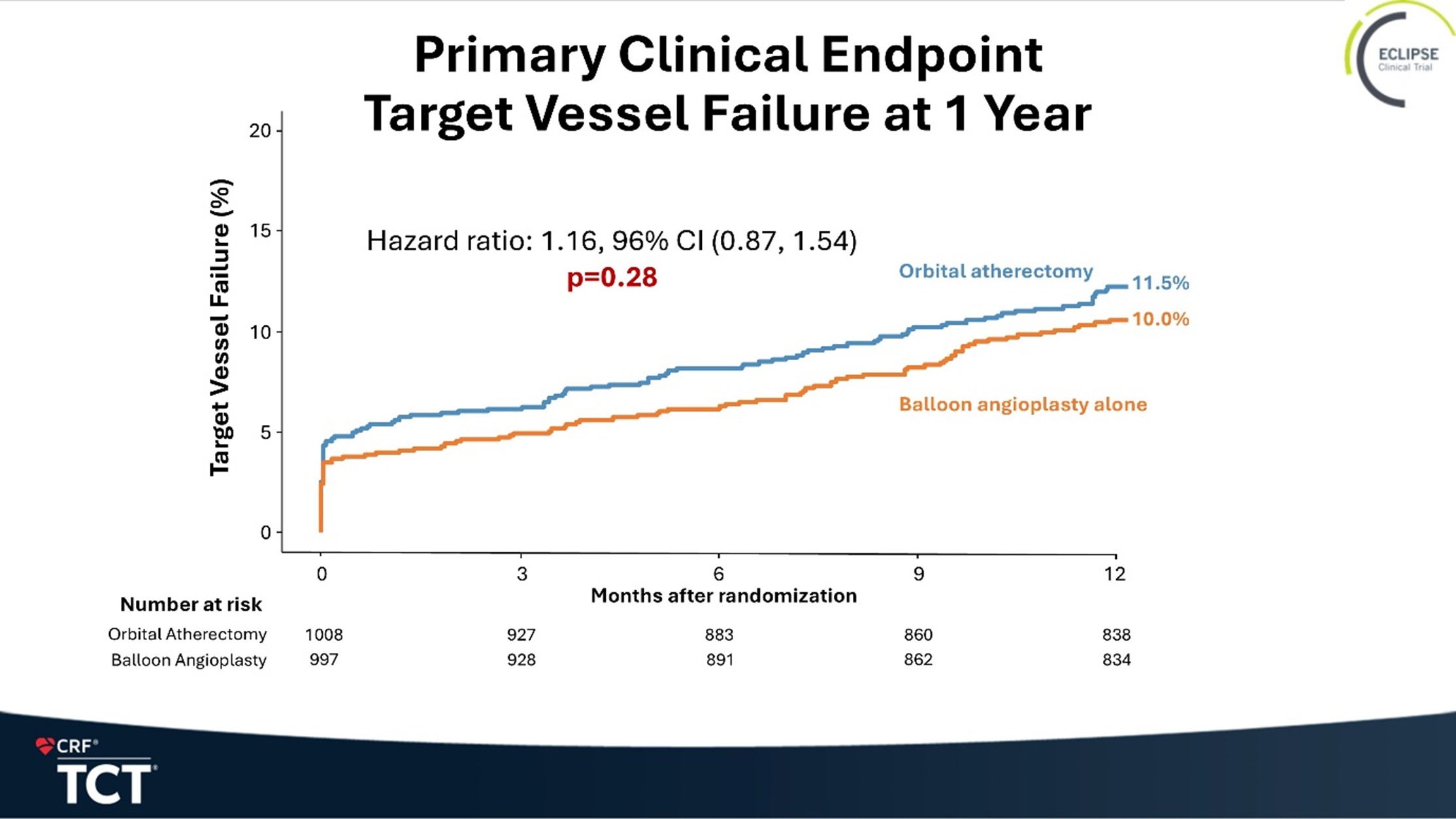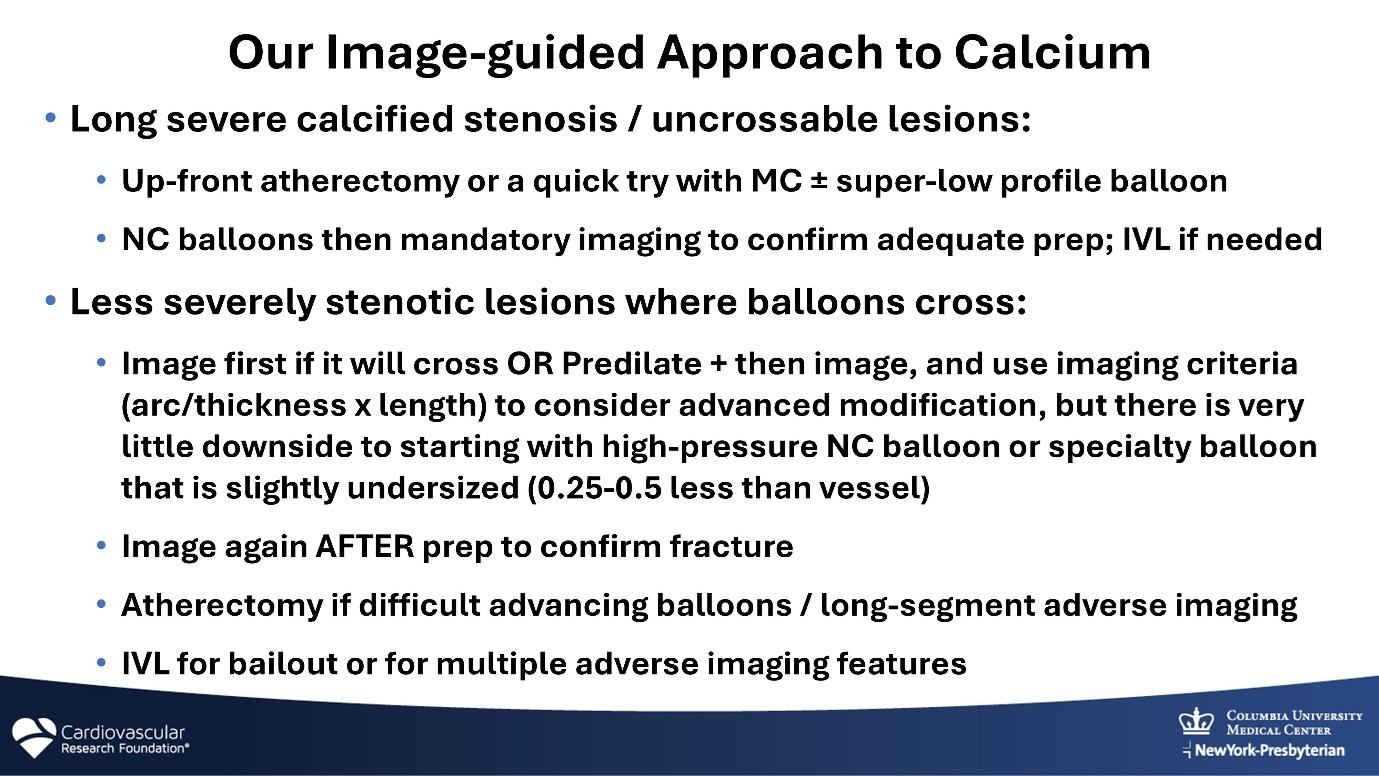
Ajay J. Kirtane
Columbia University Medical Center, USA
Seoul, April 2025 – In his upcoming TCTAP 2025 presentation, Dr. Ajay J. Kirtane, MD (Columbia University Irving Medical Center) will highlight the complexities of treating heavily calcified coronary lesions and the evolving role of advanced calcium modification strategies.
Heavily calcified lesions, observed in over half of patients in the SYNTAX trial, are a major predictor of adverse procedural and clinical outcomes. Dr. Kirtane highlights that calcium leads to impaired stent delivery, under-expansion, malapposition, and increased risks of dissection, perforation, restenosis, and stent thrombosis. Data from TWENTE and DUTCH PEERS studies further confirm that severe calcification is associated with higher rates of target vessel failure (TVF) and definite stent thrombosis at two years.

Despite growing enthusiasm for advanced devices like orbital atherectomy and intravascular lithotripsy (IVL), the ECLIPSE trial yielded insights. The study compared orbital atherectomy to conventional balloon angioplasty prior to DES implantation in severely calcified lesions. Results showed no significant difference in procedural success or minimum stent area (MSA), and the primary clinical endpoint—1-year TVF—was also statistically similar. However, according to Dr. Kirtane, the takeaway is not that atherectomy failed; balloon—based approaches worked far better than expected.

Dr. Kirtane would advocate a stepwise image-guided approach to lesion preparation. For lesions that are long, heavily calcified, and cannot be crossed by balloon, pre-arterectomy and imaging are required to confirm adequate preparation. Images should be re-reviewed to confirm calcium fracture, even for lesions that can be crossed by a balloon. In summary, "The success of PCI in calcified lesions is not a matter of device, but of strategy and precision, and that begins with imaging."

Managing Coronary Calcium: Insights and Approaches
Saturday, April 26, 8:30 AM-9:40 AM
Coronary Theater, Level 1
Edited by

Yeonwoo Choi, MD
Changwon Hanmaeum Hospital, Korea (Republic of)

